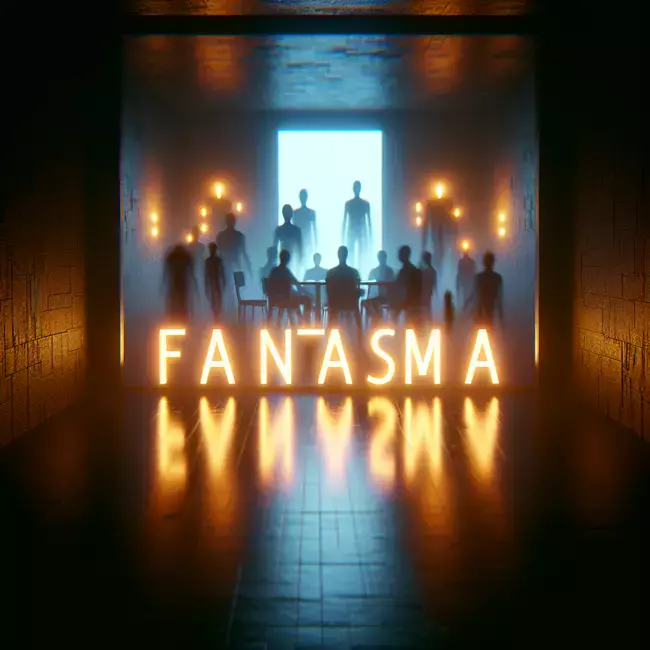The Ghosts We Can't Shake | Fantasma | Humbe
 AI Artistic interpretation of Fantasma by Humbe
AI Artistic interpretation of Fantasma by Humbe
"Fantasma," a captivating track from the renowned Latin artist Humbe, readily makes itself one of the most engaging sounds when it comes to integrating in-depth meaning with rhythm. This song is not just tradition bred into contemporary times. Instead, it provides an openness that adds new dimension to Latin American music, allowing listeners to witness an innovative blend of melody and message.
The song title, "Fantasma," directly translates to "Ghost" in English. Fittingly, the lyrical content largely spins around the themes of loneliness and longing, cascading into a deep exploration of the human condition and emotional vulnerability. The title "Fantasma" provides an apt metaphor for emotions, memories, and people that continue to haunt us long after they've physically left our lives.
Humbe's song writing prowess is truly on display in "Fantasma," where he tactfully uses phantasmal metaphors to convey real-life experiences and emotions. The core narrative of the song stresses on a painful heartbreak, the singer feeling haunted by the lingering thoughts of a past lover. His deep-seated sense of grief and regret resemble fleeting apparitions, quietly pricking and refusing to fade away.
One of the key highlights of the song is its gripping chorus. Here, Humbe's exceptional storytelling skills effectively encapsulate the feeling of being haunted by a past love. The lyrics "No dejo de pensarte aunque no quiera" ("I can't stop thinking about you even if I don't want to") and "Eres un fantasma" ("You are a ghost") underline feelings of inescapability, relentless pining, and yearning.
The song stands prominently among others due to its beautiful fusion of complex feelings with catchy, contemporary rhythm. It effectively marries mournful lyrics with danceable beats, showcasing an exciting, unique juxtaposition. This dichotomy in "Fantasma" brings a fresh perspective to the Latin music scenario, hinting at Humbe's talent for blending diverse elements seamlessly.
Humbe's emotive voice and his articulate song writing demonstrate a mature and sensitive understanding of the human psyche. The sophisticated interplay of poignant lyrics over pulsating, pop-influenced Latin rhythms creates a captivating sonic atmosphere. In its entirety, "Fantasma" succeeds in making listeners feel, think and dance, proving itself as an all-rounded musical composition.
In conclusion, Humbe's "Fantasma" is far more than just another entry into the realm of Latin pop. It is a thought-provoking and stirring exploration of lost love and lingering emotional residue, seamlessly packaged in an infectious contemporary soundscape. Its emotive resonance, bolstered by catchy rhythms and Humbe's lyrical prowess, allows "Fantasma" to remain in listeners' minds, much like the ghost from which it borrows its title.
